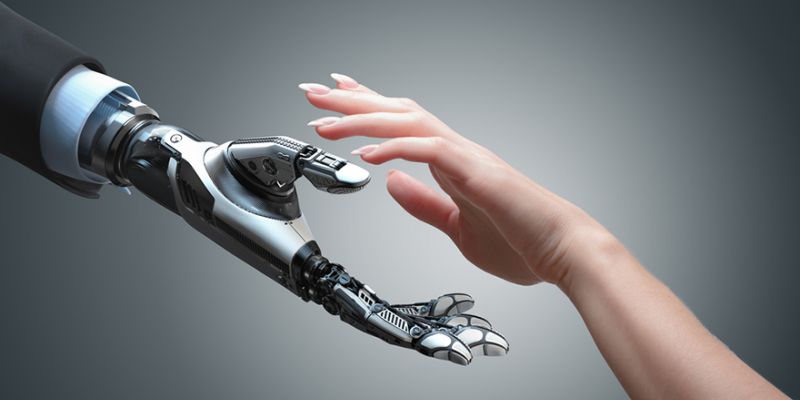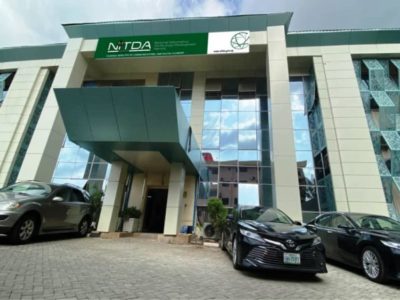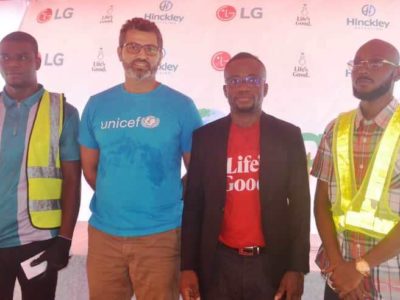As South Africa prepares to take over the presidency of the G20 in 2025, UNESCO’s role as a privileged partner has been expanded to include the agenda of the finance ministers, in addition, the Organization will be contributing particular expertise on issues relating to artificial intelligence.
RELATED: UNESCO Survey: Two-Thirds of digital content creators skip fact-checking but show interest in learning
“After fruitful cooperation with the G20 in 2024, at Brazil’s initiative, UNESCO is proud to see its status as a privileged partner broadened out in 2025 under the presidency of South Africa. Our common priority will be the development of ethical artificial intelligence which supports the United Nations‘ sustainable development goals’, emphasized Audrey Azoulay, Director-General of UNESCO.
In taking over the presidency of the G20 in 2025, South Africa announced its decision to renew UNESCO’s role as a ‘privileged partner’ of the forum. For the very first time, this role has been expanded to include the agenda of the finance ministers, in addition to that of the foreign affairs ministers, marking a new milestone in cooperation between UNESCO and the G20.
Supporting Africa in the development of AI
Artificial intelligence has been identified as a priority area in which UNESCO will contribute its expertise. In November 2021, the Organization’s Member States unanimously adopted the first global ethical framework for AI. Some sixty States are currently being supported by UNESCO in adapting their legislation and regulations to ensure that this technology serves their development efforts and the common good.
This issue is particularly critical in Africa, in which 70% of the population is under the age of 30. According to African Union estimates, the development of AI could contribute between USD 110 billion and USD 220 billion to the continent’s economy a year, by stimulating innovation and generating new jobs. If used wisely, AI could also improve services to the population in areas such as education and health, and help African countries to better cope with climate change.
But the continent must first overcome a series of obstacles. Today, only 40% of Africans have access to high-speed internet, and in low-income countries that drops to only 10% of the population – compared with an average of 70% of the world’s population. In order to tackle these problems, the African Union has just adopted a continental strategy for artificial intelligence, which UNESCO is supporting through training initiatives for public decision-makers and administrations.
This is the context in which UNESCO will support the special group on artificial intelligence and innovation for sustainable development set up by the South African Presidency of the G20.
Fruitful UNESCO-G20 cooperation in 2024
For the first time in 2024, under the presidency of Brazil, UNESCO acquired the status of privileged partner of the G20. The Organization took part in some fifteen working groups as part of its mandate for Education, Science, Culture, Information and Communication.
UNESCO’s participation in the work of the G20 has led to several notable achievements, including the launch in Rio of a Global Initiative for Integrity of Information on Climate Change. Director-General Audrey Azoulay also joined President Lula in calling for increased innovative financing for education, in particular by converting debt into investment.
Brazil, South Africa, China and the African Union also launched an initiative to support open science, based on the UNESCO Recommendation on this subject adopted in November 2021. The G20 members also reaffirmed their commitment to the implementation of UNESCO’s cultural conventions.































